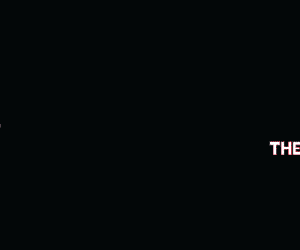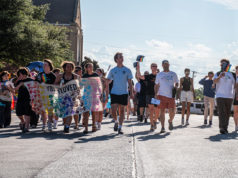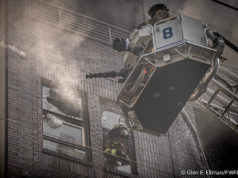UTA Wind Symphony is performing Samuel Barber’s Commando March on Thursday as part of an all-American composers program for Tax Day. Interestingly enough, they’re not playing it to honor the 100th anniversary of Barber’s birth, which took place last month. As far as I can tell, this is the only performance of Barber’s music close to that date, so I thought I’d mention it here.
The New York Times article about Barber’s centennial tracked the history of his most famous work, Adagio for Strings. Much like U2’s “Stuck in a Moment You Can’t Get Out Of” and Sarah McLachlan’s “I Will Remember You,” it’s become a piece of music that people trot out when something really terrible happens. The Adagio was played over the radio after President Franklin Roosevelt’s death, after the 9/11 terrorist attacks, and most recently in Poland after the death of the country’s president and top officials.
Still, Barber wrote much more than that one piece of music. His Violin Concerto is pretty popular, and his Piano Sonata is good for a few performances in every Van Cliburn Competition. This second movement of his Symphony No. 2 was called “Night Flight” as part of a symphony commissioned by the U.S. Armed Forces devoted to celebrating the pilots who flew missions during World War II. It’s a nice evocation of the solitude and rarefied atmosphere of the recon pilot, and like the Adagio, it builds to a tremulous climax. He could write for the keyboard, too: His Souvenirs offer some charming stuff.
The human voice, though, seemed to bring out his best. He had exquisite literary taste, setting music to texts by James Agee and Matthew Arnold. His opera Vanessa has been neglected for some complex reasons, though I tend to blame the nonsensical libretto written by Barber’s fellow composer and gay partner Gian Carlo Menotti. That doesn’t diminish the beauty of the music, as in the frequently excerpted mezzo aria “Must the winter come so soon?” As Jim Svejda wrote by way of complimenting the work, Vanessa is a modern opera for people who don’t like modern opera. Barber largely stopped composing after the poor reception given to his opera version of Shakespeare’s Antony and Cleopatra, but there’s lush vocal writing in this work as well.
Here’s a further appreciation of Barber the musician and the person. The author wrote this in 1994 and still couldn’t openly acknowledge the gay thing. An American original, Barber dropped out of the music scene rather than join the tide of serialism and atonalism that swept music in the 20th century’s latter half. This centennial is a great time to hear him again.











